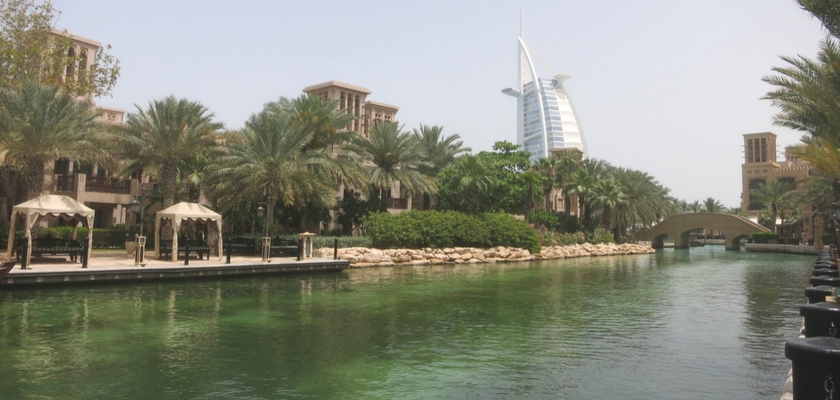 When I spoke with Adalia in April 2017, she was living in Tegucigalpa. I was excited to catch up with her, now that she’s moved to Mexico City.
When I spoke with Adalia in April 2017, she was living in Tegucigalpa. I was excited to catch up with her, now that she’s moved to Mexico City.
What are you up to in Mexico City?
I moved to Mexico City in July. I’ve been taking Spanish class and I’ve fallen into teaching English. I found a place that was looking for teachers and would help me get a visa. I’m teaching corporate clients, who tend to be pretty self-motivated students. This satisfies my desire to teach without the drama of teaching K-12. It’s not a new career, but it’s a good way to stay here legally while I figure out a longer-term career plan.
So what’s been your biggest challenge there?
I’m still wrapping my head around the traffic. It’s a consequence of cramming 20 million people into a metropolitan area. Driving just 2 miles can take about 2.5 hours. So I take the metro or the Metrobús instead of Uber, which is just going to sit in traffic. Even if it’s rush hour in the metro, I go ahead and squeeze in there with everybody else!
But my biggest challenge here by far was finding an apartment for me and my dog. If you’re willing to share a space, it’s fairly easy to find a really cheap place, but after trying that briefly I realized that it’s not for me. Very few people actually want to rent to people with a dog. So at first I stayed in a series of three AirBnBs. I booked the first one for a month sight unseen, which I shouldn’t have done, since it turned out to be not the best.
One-bedroom apartments are not very common here, maybe because Mexican families tend to be bigger, and young adults often live at home. So now I’m renting a furnished 2-bedroom apartment in Santa María la Ribera, which is close to the historic center. This neighborhood has potential to become the next Roma or Condesa, but for now it hasn’t been gentrified or filled with expats. Plenty of working class and middle class families live here.
I found my apartment on Craigslist, where most rental ads are geared towards foreigners, meaning it’s likely more expensive. But the building is only 5 years old, I didn’t have to buy a fridge; they even threw in a washer/dryer. Not having to buy furniture is a plus because even though I expect to be here at least a few years, there’s always a chance that I’ll want to go elsewhere sooner.
In Mexico City, most landlords ask you for a fiador — a cosigner who owns property in the city and is willing to vouch for you. Fortunately, my landlord didn’t require that. He just casually asked me, “So what do you do for work?” I gave first month’s rent and one month deposit.
Other than finding an apartment, though, I really can’t say that I’ve had major challenges here. Everything else is fairly easy. Compared to Tegucigalpa it’s a piece of cake.
 What do you do for fun?
What do you do for fun?
I use Meetup and Facebook to find out what’s happening around town. There’s so much going on; I haven’t put a dent in my list of things to do.
I absolutely love Frida Kahlo’s Casa Azul and the surrounding neighborhood of Coyoacan. I did a food tour at Mercado Jamaica. It was so helpful to have somebody walk me around and explain ingredients and everything. There have been a bunch of trade fairs — an agave fest, a chocolate fair, with food vendors from all around Mexico. The week of the earthquake I was supposed to go a free Ricky Martin concert, also an art gallery open house. And I do a lot of just wandering around the city.
I’m going to southeast Asia next week for a couple of weeks, to Thailand, Cambodia, Malaysia and hopefully Singapore. I’m a little sad I’ll be missing some events like Day of the Dead, but of course I’m looking forward to my trip!
So how was it to experience the earthquakes there?
As a geography teacher, I knew that Mexico City is tectonically active. In the back of my mind, I thought about what could happen if I get stuck on the metro during an earthquake. So I always carry water and snacks in my bag just in case. Still, I hadn’t really thought through what it meant that an earthquake could happen at any time. Being from Houston, I know how to prep for hurricanes and tornados, but I had no idea what to do in the case of an earthquake.
I was asleep when the first earthquake happened. And 12 days later, just two hours after we’d had an earthquake drill, the second earthquake hit. I was walking down the street and felt just a little movement in the ground. Then I looked up and noticed the windows of a car dealership bowing in and out. I hear that it felt much worse to people who were inside of buildings.
I ended up having to walk from the south of the city (where restaurants were still open) to the north. When I got to Roma, I started seeing loss of electrical power, building damage and active rescues. Condesa was really badly hit. I didn’t know what I would find when I got home, but it was business as usual. In my neighborhood, there was hardly any damage at all. The way that the community pulled together that was incredible.
Advice to women considering moving to Mexico City?
 Do it!
Do it!
Before you come for an extended stay, you probably should apply for temporary residency. You can’t even open a bank account without a residency visa.
Be sure to bring some really comfortable walking shoes. I average 4 or 5 miles a day!
Having some Spanish is good. Usually, I can make myself understood. But there have been very few places where I couldn’t communicate.
During wet season, (May through September/October) it rains a bit every day. It’s cooler than I expected in the morning and the evening. I have flannel sheets, which I’ve never needed before.
It sounds like you’re much happier where you are now.
In contrast to Tegucigalpa, there’s real street life here — people walking around, hanging out in cafes. My neighborhood is a little rough around the edges, but I haven’t felt unsafe. I’ve come home on the Metro at 10 pm and there are still people walking around and strolling through the park. Compared to other western countries, people might feel there are security issues. You’ll see the occasional armed guard. And there are some really rough areas of Mexico City, and I have no plans to visit them. But the sense of safety is much better here than in Honduras.
I feel like if I can live in Honduras, I can live anywhere. And it’s not that Tegucigalpa was so bad. It’s just that Mexico City is the kind of city I wanted to live in. I have the feeling that this is where I’m supposed to be. I’m very happy with my decision to come here. I’m having a blast.
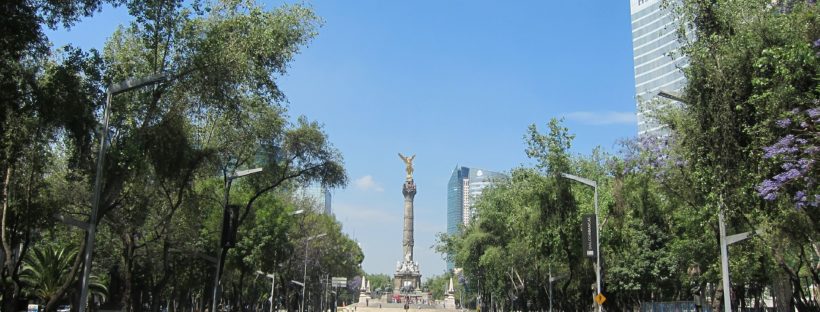
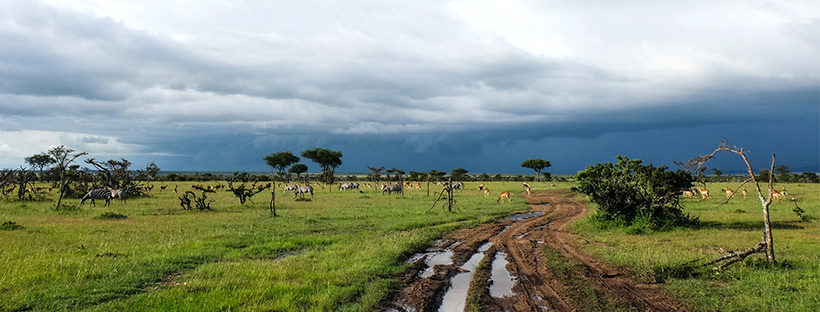
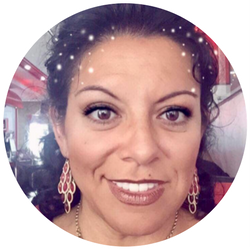 Marilyn is an expat in Kenya, building her life and business in a small city near the Maasai Mara National Reserve.
Marilyn is an expat in Kenya, building her life and business in a small city near the Maasai Mara National Reserve. 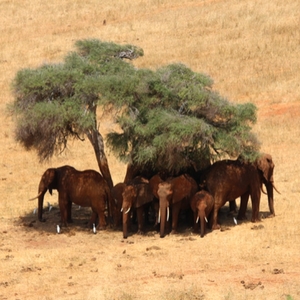 I’m near the
I’m near the 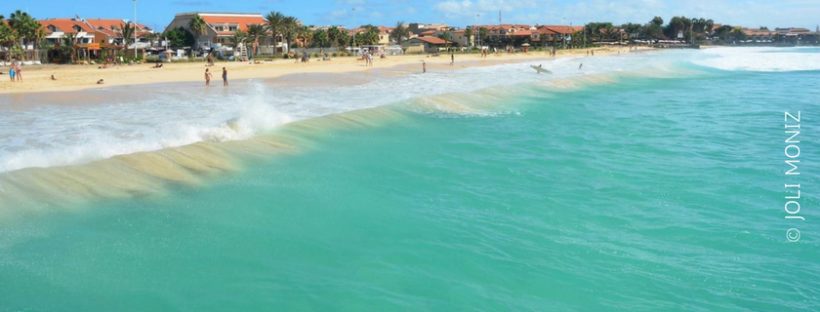
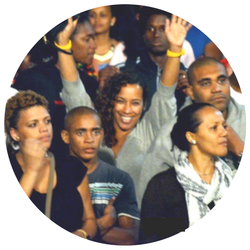 Joli lives in the island nation of Cape Verde, in the capital city of Praia. She’s lived
Joli lives in the island nation of Cape Verde, in the capital city of Praia. She’s lived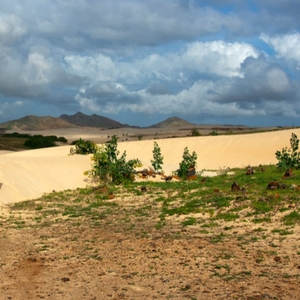
 I love seeing brown people, people everywhere who look like me, black people owning property and businesses, running things. It’s so refreshing to have a majority experience, after going to and working in predominantly white schools and growing up in New England. I love not having to explain myself, to be around other folks who get me.
I love seeing brown people, people everywhere who look like me, black people owning property and businesses, running things. It’s so refreshing to have a majority experience, after going to and working in predominantly white schools and growing up in New England. I love not having to explain myself, to be around other folks who get me.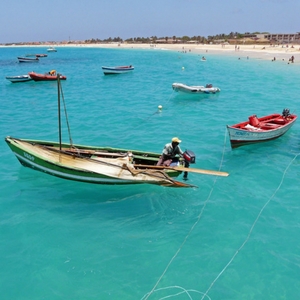 I’d been hosting friends and family who’d come to visit Cape Verde and check in on me. I loved showing people around. Several months after I came here, a friend asked me, “Have you ever thought about doing this for a living?”
I’d been hosting friends and family who’d come to visit Cape Verde and check in on me. I loved showing people around. Several months after I came here, a friend asked me, “Have you ever thought about doing this for a living?”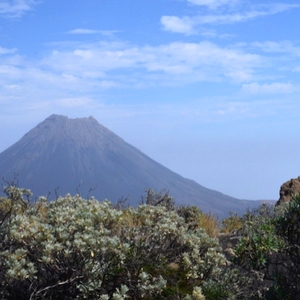
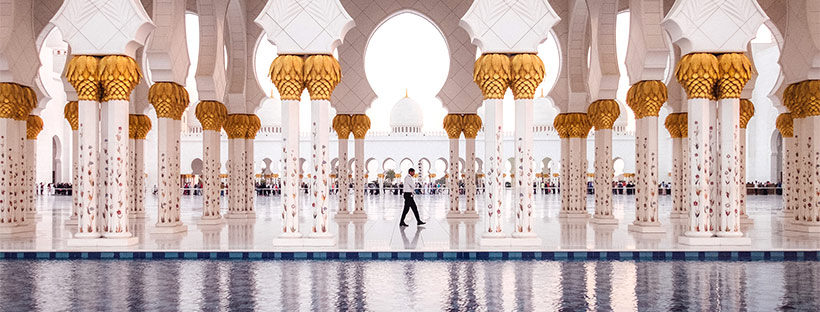
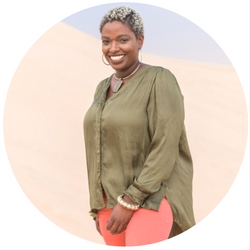 During the past two years, Maya has built an active, fun-filled life in Abu Dhabi in the United Arab Emirates (UAE). She has a comfortable position at a university — but she’s decided it’s time to move on.
During the past two years, Maya has built an active, fun-filled life in Abu Dhabi in the United Arab Emirates (UAE). She has a comfortable position at a university — but she’s decided it’s time to move on.